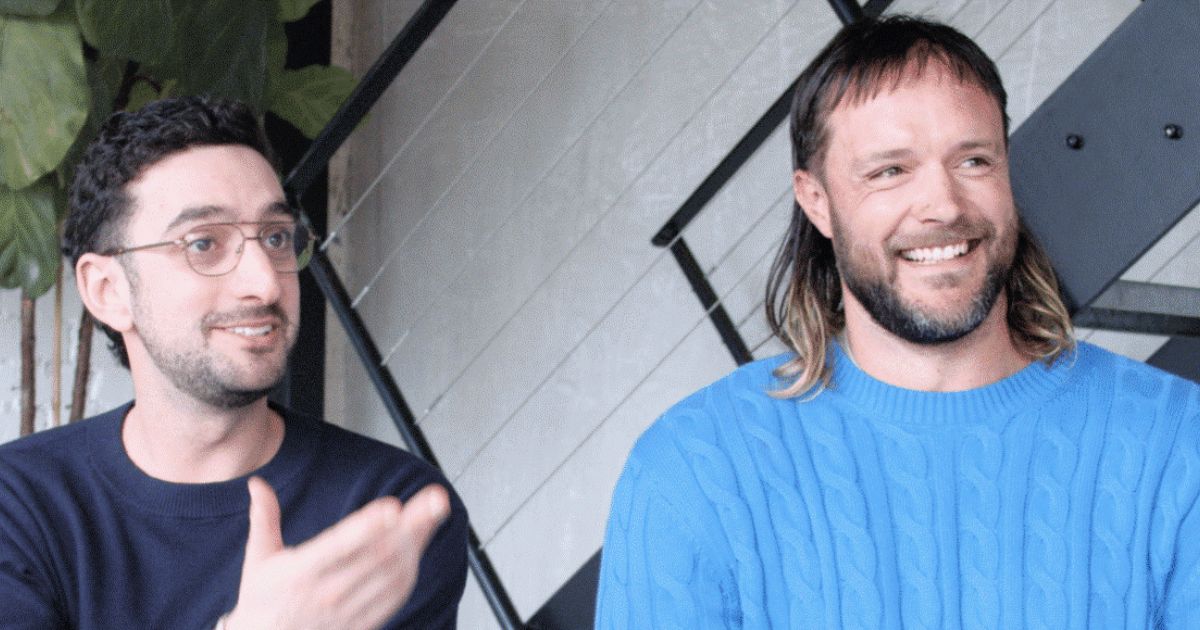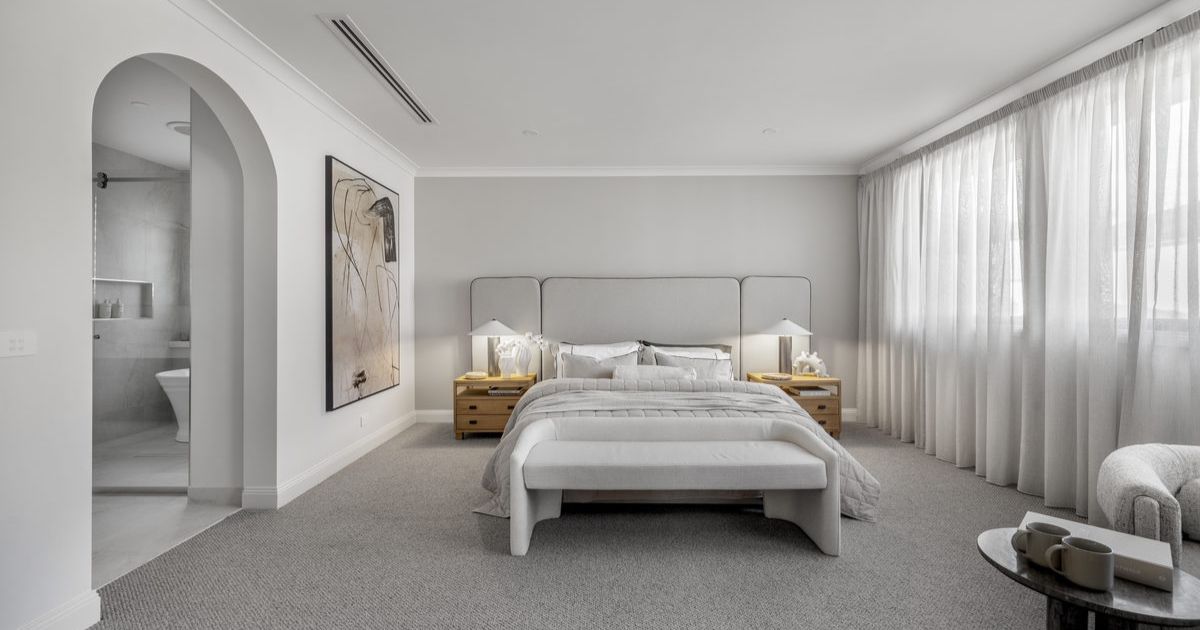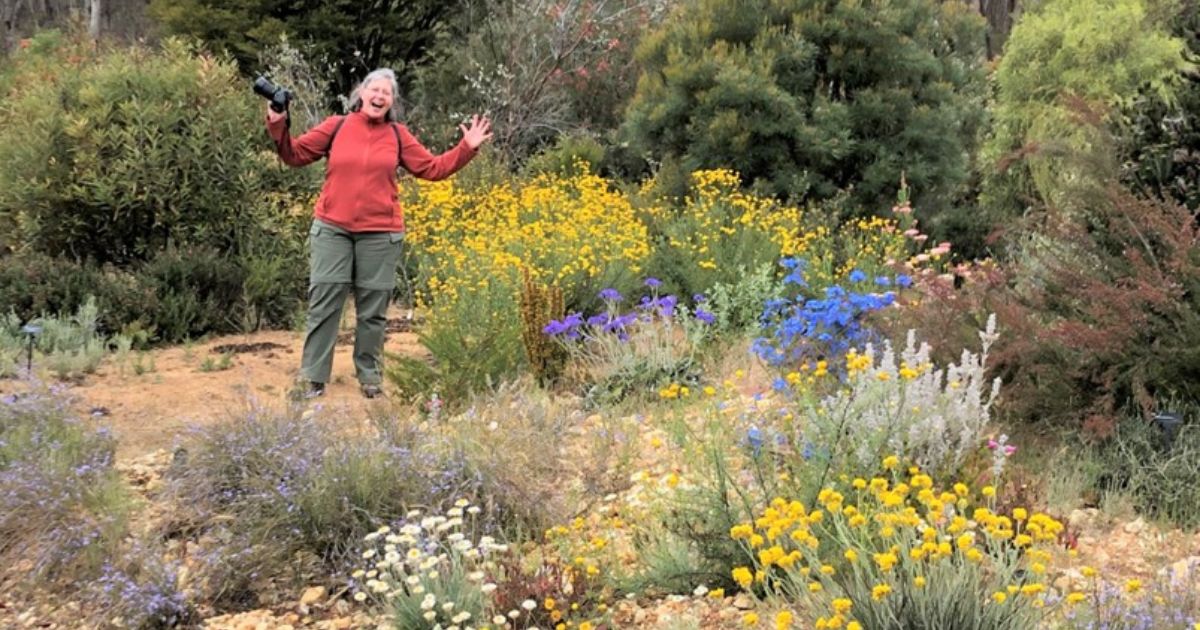From the desk of ROLAND ROCCHICCIOLI

Beria is dead. It would be fair, and not too late, for the disobliging Salvationists to say "sorry" to her, and all the others whom they emotionally abused.
GIVEN, we are what we are, by performance, the second-guessing of other people’s responses is problematic. Daringly, and knowing my late mother’s empathy with the Wongi people of Western Australia’s North-eastern goldfields, I think Beria would have approved of the north-east Arnhem Land Garma Festival; nevertheless, I posit there would be a deliberated rider to her support.
The First Nations peoples’ leaders are calling for a truth-telling commission: an authorised body established to identify and examine past transgressions by government, or other agencies; and with a view to promoting healing and reconciliation; focussing on historical abuses of the Universal Declaration of Human Rights; and to create a public record of these events, and their shattering aftermaths. A truth-telling commission is a profoundly noble notion. It deserves contemplated support.
Irrevocably, The Salvation Army damaged the life of Beria; her four-sisters; and, collaterally, my brother and sister; and lesser, me. Aged 5, Beria was incarcerated, 1916, by the court’s ruling, at The Salvation Army girls’ home, Cottesloe, Western Australia, for 13-years. It was a miserable childhood: “I cannot remember ever being hugged during that time.”
The home was an emotional wilderness. The 100-girls were supervised by a staff of Salvationist officers, some of whom were themselves a product of the draconian regime; consequently, they suffered emotional frigidity and dysfunction. Several times daily the Salvationist zealots forced the hapless girls to pray and sing to the Lord. They feared a vengeful God — watching and waiting for Him to smite their every naughtiness. Beria believed she was a “wicked girl” — it is what they were told. It was soul-scarring, child abuse by any reasonable standard of civilised judgement.
The Wongi people are an important group of First Nations People from WA’s goldfields. Beria’s concern for their welfare was an anomaly in the day. Blatantly, she defied the law to treat them as equals; she went to their aid in their moments of defenceless; and she shared her food when she and my father lived in the bush. Most white kids in the town were scared of Beria. If she caught any of them “tormenting” the Wongis as they wandered in-and-around the streets she delivered them a clip-under-the-ear and sent them home, running! If a parent complained she was likely to say: “Your kid’s a bloody delinquent! And if I catch him throwing stones at the Wongis again, I’ll throw stones at him.”
I have, not as much as some, but more than most, watched first-hand the abuse of First Nations People. Categorically, apartheid dominated my childhood. Wongis did not attend the convent school. They were heathens — “they don’t have a soul.” Often times Beria commented on results of the various commissions of investigation into Aboriginal child abuse: “And not before time, but I still don’t hear anyone saying sorry to me!”
We cannot undo the past, but we can strive to make amends. A truth-telling commission should not be defined by, or established on, the basis of skin colour. My mother, and many others, walked the same road but on a different path. It was no less painful. Beria’s damage was permanent.
Children our greatest natural resource. Let us nurture and shield each one — equally and unconditionally.
Roland can be heard with Brett Macdonald radio 3BA — Monday 10.40am. Contact: [email protected]

















